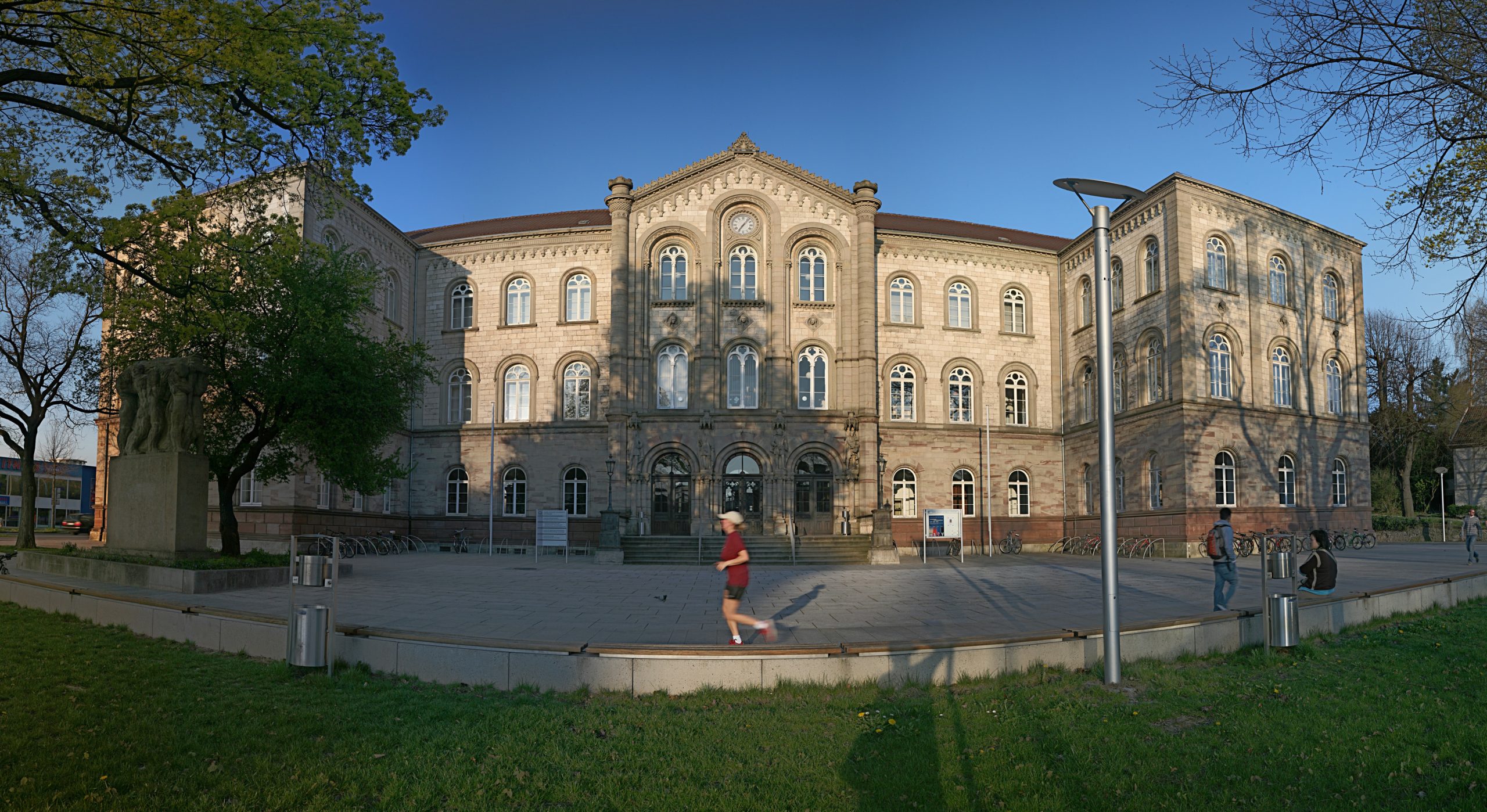University of Göttingen: Planning and managing Europe’s forests in a time of climate change
Forests can have an important role in mitigating the climate crisis. Further, they are habitats for a variety of plants and animals, are used for timber production, and offer opportunities for local tourists. However, forests are complex networks that require careful planning and management. Researchers from the Bioclimatology Group at the University of Göttingen are involved in a new European project that brings together the latest research, data, modelling methods and forest management techniques to support forests in Europe.
A total of 18 organisations from all over Europe are participating in the CLIMB-FOREST project, which the European Union has funded as part of the Horizon Europe programme for a period of four and a half years. One of the partners is the Bioclimatology Group at the Faculty of Forest Sciences and Forest Ecology at the University of Göttingen. The Göttingen researchers want to investigate how forest structure, for example the species composition and age distribution of trees, affects biophysical processes. Using data from different locations in Europe, they want to find out how differently structured forest ecosystems exchange carbon dioxide, water and energy with the atmosphere and can thus act as a buffer against extreme climate events. The Bioclimatology Group already oversees two long-term research sites in Germany where such interactions between the atmosphere and forest ecosystems have been measured and analysed for more than 20 years.
The CLIMB-FOREST project aims to use the latest research and forestry data to produce new tools, interactive maps and best practice guidelines. With these, sustainable planning and management approaches should be identified for Europe’s forests that can withstand climate change and benefit both people and nature.

